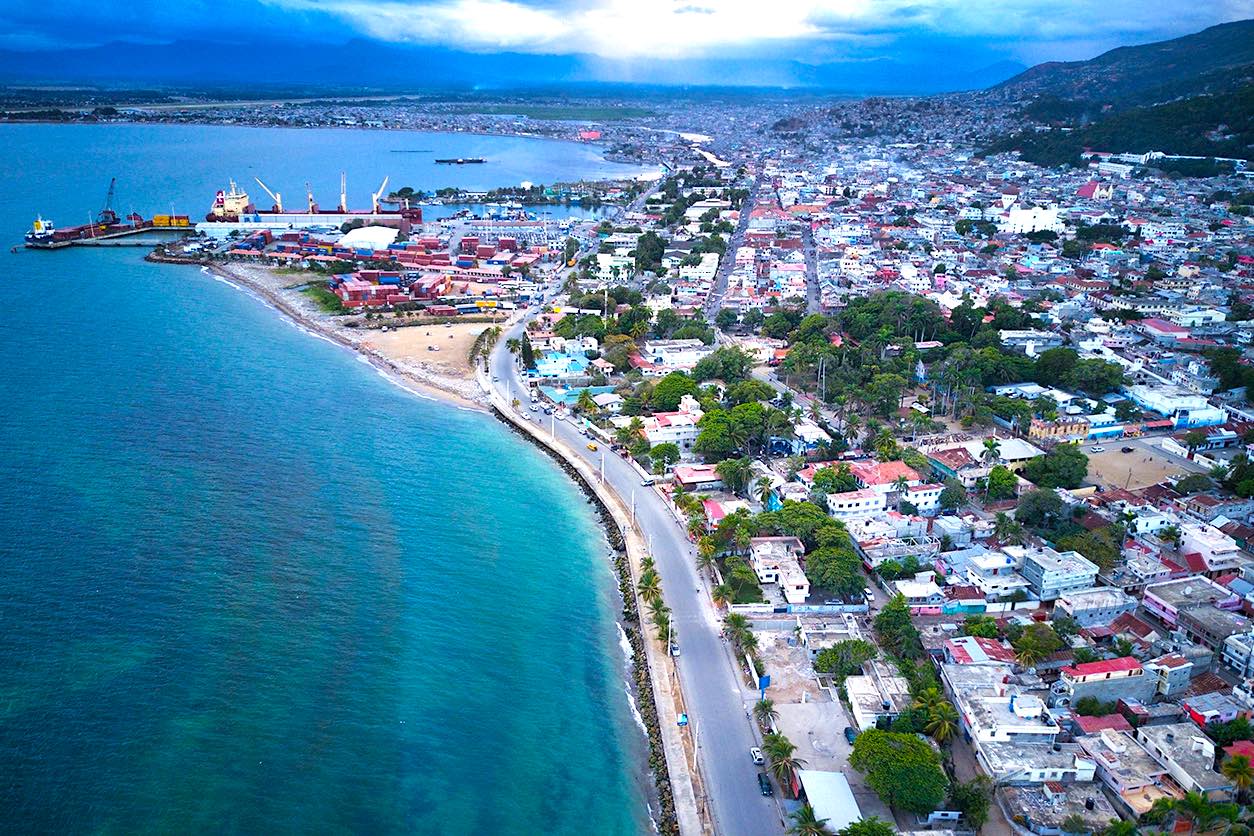OHCHR calls for deployment of a specialized support force in Haiti

OHCHR gravely concerned by extreme violence in Haiti: spokesperson
DELIVERED BY Spokesperson for the UN High Commissioner for Human Rights: Marta Hurtado
FROM Geneva
Clashes between gangs are becoming more violent and more frequent, as they try to expand their territorial control throughout the capital and other regions by targeting people living in areas controlled by rivals.
Since the beginning of the year, up to 15 March, a total of 531 people were killed, 300 injured and 277 kidnapped in gang-related incidents that took place mainly in the capital, Port-au-Prince, according to information gathered by the Human Rights Service of the UN Integrated Office in Haiti.
In the first two weeks of March alone, clashes among gangs left at least 208 killed, 164 injured and 101 kidnapped. Most of the victims were killed or injured by snipers who were reportedly randomly shooting at people in their homes or on the streets. Sexual violence is also used by gangs against women and girls to terrorize, subjugate and punish the population. Gang members frequently use sexual violence against abducted girls to pressure families to pay a ransom.
Students and teachers have been hit by stray bullets during gang confrontations and the kidnapping of parents and students in the vicinity of schools has surged, forcing many of them to close. Without the protective environment of schools, many children have been forcibly recruited by armed gangs.
People are fleeing to escape the daily danger. As of mid-March 2023, at least 160,000 people have been displaced and are in a precarious situation, staying with friends or relatives and having to share meagre resources. A quarter of those displaced live in makeshift settlements, with very limited access to basic services such as drinking water and sanitation.
Chronic instability and gang violence have contributed to surging prices and food insecurity. Half of the population does not have enough to eat, and in some areas, such as Cité Soleil, hunger has reached particularly alarming levels.
During his visit to Haiti in February, UN High Commissioner for Human Rights Volker Türk issued a wake-up call to the international community that has yet to be acted upon. His recommendations are more urgent than ever.
The High Commissioner urges the Haitian authorities to immediately address the grave security situation. The National Police needs to be strengthened to be able to respond to the huge challenges it faces, in a manner consistent with its human rights obligations. People must be able to return to their homes under safe and dignified conditions. We call on the international community to support these efforts. Authorities must also undertake a profound reform of the judicial and penitentiary system.
To break the cycle of violence, corruption and impunity, all those responsible, including those providing support and finance to the gangs, must be prosecuted and tried according to the rule of law. The rights to truth, justice and reparations of all victims must be fulfilled.
We also call on the international community to urgently consider the deployment of a time-bound specialized support force under conditions that conform to international human rights laws and norms, with a comprehensive and precise action plan.
For more information and media requests, please contact:
In Geneva
Marta Hurtado – + 41 22 917 9466* / *marta.hurtadogomez@un.org or
Ravina Shamdasani – + 41 22 917 9169 / ravina.shamdasani@un.orgor
Liz Throssell + 41 22 917 9296 / elizabeth.throssell@un.org or
Jeremy Laurence + +41 22 917 9383 / jeremy.laurence@un.org
